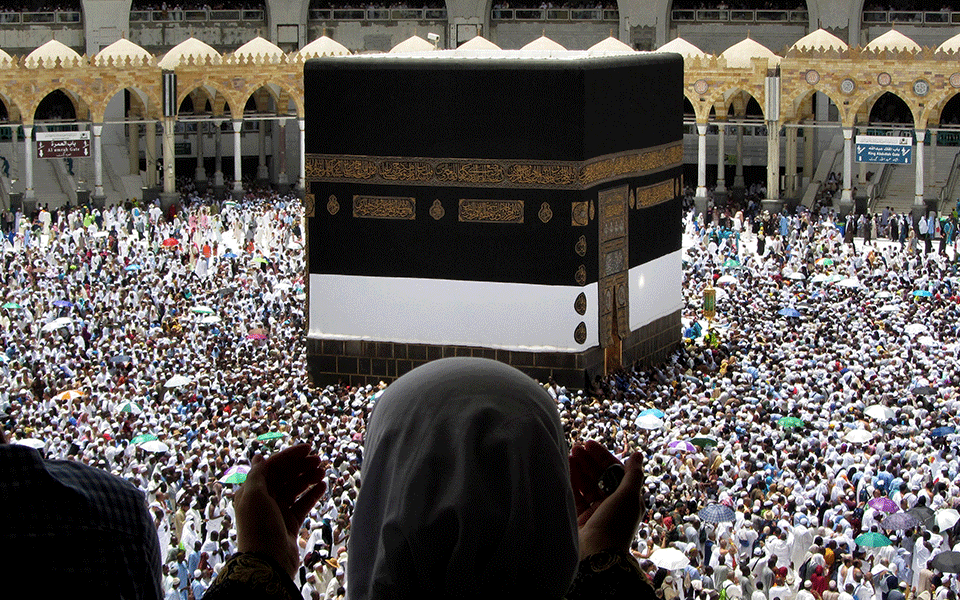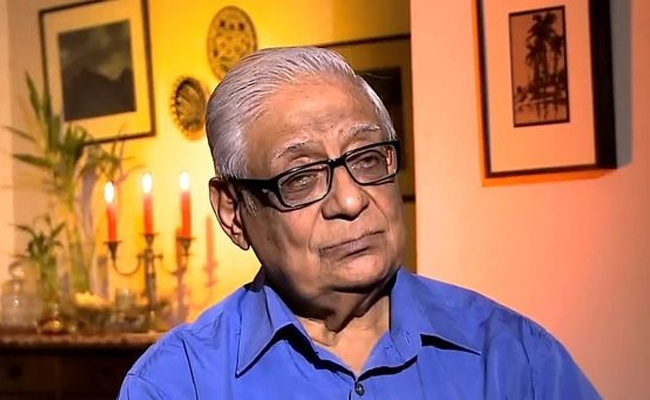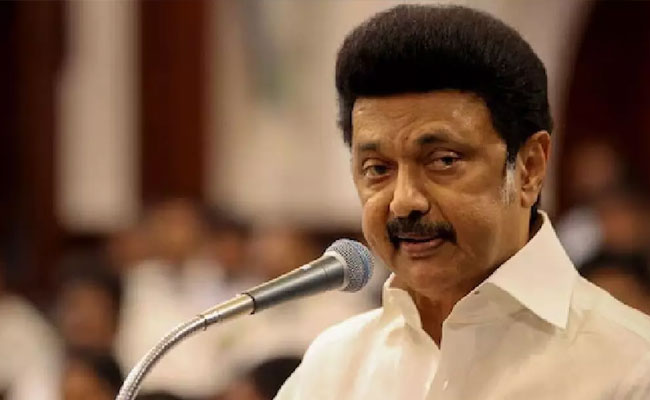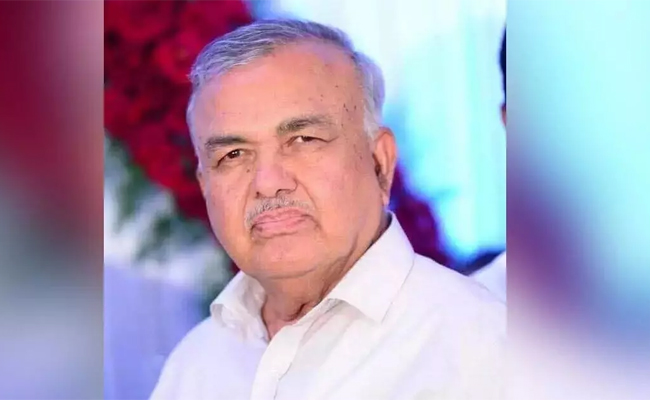Mina: Around 2.5 million pilgrims took part in a symbolic stoning of the devil on Saturday, marking the final days of the hajj pilgrimage in Saudi Arabia and the start of the Eid al-Adha celebrations for Muslims around the world.
The five-day hajj pilgrimage is required of all Muslims once in their lifetime, if they are financially and physically able to make the journey.
Muslims around the world commemorate the end of hajj with Eid celebrations, including distributing meat to the poor.
"I came from Sudan to Mecca where I performed the pilgrimage," Mohammed Saleh said as he performed the final rites of hajj in Mina. "We hope all pilgrims will be successful in their hajj." Others too expressed a sense of gratitude to have performed the hajj.
Saudi Arabia said 1.85 million pilgrims from more than 160 different countries traveled to the kingdom for the hajj this year. Another 634,000 joined from within Saudi Arabia, nearly 70 per cent of them non-Saudi residents of the kingdom.
The hajj is one of the largest religious gatherings on earth and a massive logistical challenge for the Saudi government to oversee each year. The kingdom provides pilgrims with health care and buses for transportation, as well as meals, snacks and water along the routes of hajj.
Mina is a sprawling valley near Mecca where thousands of air-conditioned tents are erected to house pilgrims for the final leg of the hajj.
Because of the narrow roads between tents, it is also where the deadliest hajj disasters have occurred, including a 2015 stampede and crush that killed more than 2,400 people.
The Saudi government has since widened roads and monitors the flow of people and crowds with tens of thousands of soldiers, guards, policemen and cameras.
Saudi media reported King Salman visited Mina on Sunday to supervise the services provided during the hajj. He included among his guests for the hajj this year 200 survivors and relatives of victims of the mosque attacks in New Zealand, where a gunman opened fire and killed 51 people in March.
It is in Mina where Muslims believe Ibrahim's faith was tested when God commanded him to sacrifice his only son Ismail. Ibrahim was prepared to submit to the command, but then God stayed his hand, sparing his son.
In Mina, pilgrims walk long distances on pedestrian-only streets toward a multi-story complex housing large pillars. There, they cast seven pebbles each at three pillars in a ritual meant to symbolize the casting away of evil and sin.
Muslims believe the hajj offers the chance of atonement and an opportunity to erase past sins. The first two days of the hajj are spent in Makkah and other areas around it in deep prayer, contemplation and worship.
Let the Truth be known. If you read VB and like VB, please be a VB Supporter and Help us deliver the Truth to one and all.
New Delhi (PTI): HK Dua, a distinguished journalist and a veteran of Indian public life who held the rare distinction of helming editorial operations at three of India's leading newspapers, passed away on Wednesday at the age of 88.
He breathed his last peacefully this afternoon at a private hospital, a member of his family said.
His cremation will take place at Lodhi Road crematorium on Thursday.
Dua was admitted to the hospital around three weeks ago. He was survived by wife Adity and son Prashant.
In a remarkable career spanning over four decades, Dua traversed the world of journalism, served as a media advisor to two prime ministers -- Atal Behari Vajpayee and HD Deve Gowda -- and transitioned into the roles of a diplomat and parliamentarian.
A Padma Bhushan recipient, Dua was known for his affable persona, sharp political insight and unwavering commitment to editorial independence. He commanded respect across the political spectrum.
Dua served as editor of The Hindustan Times (1987-94), Editor-in-Chief of The Indian Express (1994-96) and The Tribune (2003-09) and Editorial Advisor for The Times of India (1997-98).
Born on July 1, 1937, Dua also served as India's ambassador to Denmark (2001-2003).
He was a nominated member of Rajya Sabha (2009-2015), where he contributed significantly to debates on foreign affairs and national security. He was also part of several high-profile parliamentary committees, including the Standing Committee on Foreign Affairs and the Consultative Committee for the Ministry of Home Affairs.
A two-term president of the Editors' Guild of India and a steadfast defender of democratic values, Dua also served on the National Security Advisory Board and received honorary doctorates from Punjab and Kurukshetra Universities for his contributions to the Fourth Estate.
Apart from the Padma Bhushan, he received several awards, including the Durga Ratan award and the Bal Gangadhar Tilak award for excellence in journalism.
Leaders across the political spectrum and members of the media fraternity expressed condolences over Dua's demise.
"My deepest condolences on the passing of H K Dua, a distinguished journalist, diplomat, and Padma Bhushan recipient whose commitment to truth, editorial independence, and public service enriched public discourse," Congress president Mallikarjun Kharge said on social media.
Shiromani Akali Dal President Sukhbir Singh Badal said Dua upheld editorial independence with unwavering integrity, sharp insight, and commitment to democratic values.
"His contributions as a journalist and an editor across leading newspapers leave behind an enduring legacy," he said.
Congress MP Shashi Tharoor said: "A journalistic giant has left us."





